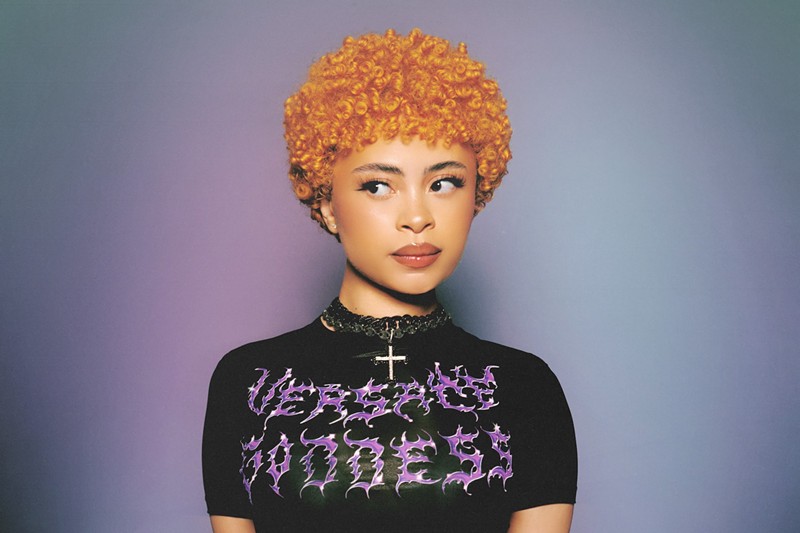Love her or hate her, Ice Spice has become a pop culture fixture.

In today’s music landscape, few artists have captured the public’s attention quite like Ice Spice. With her signature red curls, Y2K style, and cool, almost unphased demeanor, she’s become a pop culture fixture.
Even if you don’t follow rap, you’ve likely seen her face on social media or in memes, which speaks volumes about her impact. But here’s the thing: while Ice Spice —born Isis Naija Gaston — is instantly recognizable, her rapid ascent in the music world has sparked debates about her origins. Some online discourse even labels her an “industry plant,” suggesting she popped up to the top of the charts out of nowhere.
However, reducing Ice Spice to a mere image or an industry creation means overlooking her significance in the Bronx drill scene and the wider world of female rap.
The term “industry plant” easily gets thrown around in online discourse, especially for women, implying that an artist’s success is manufactured by record labels rather than earned through organic growth. But the narrative doesn’t add up when you look at Ice Spice’s journey.
Hailing from the Bronx, she’s a product of her environment. Her music is deeply rooted in the drill scene that has dominated New York’s underground for years.
Drill music, characterized by its dark, aggressive beats and stark lyrics, has been primarily male-dominated. Yet, Ice Spice has managed to carve out a space for herself in this genre, bringing a fresh perspective that blends the grittiness of drill with a playful, almost carefree energy.
Her breakout track “Munch (Feelin’ U)” became a viral hit, not just because of its catchy hook but also because it offered something different — a female voice that wasn’t trying to mimic her male counterparts.
Her physical image, solidified by her bold red hair, duck nails, and bright, nostalgic clothing, challenges the typical aesthetic associated with drill artists. She’s brought a sense of fun and accessibility to Bronx drill, which has helped broaden its appeal to audiences who might not have been drawn to the genre otherwise.
Beyond her contributions to drill, it’s no secret Ice Spice has also made waves in the greater context of female rap. In a genre where female artists often face pressure to fit a particular mold, whether it’s hypersexualized imagery or a tough, streetwise persona, Ice Spice’s approach is refreshingly different. She’s not trying to be the next Nicki Minaj or Cardi B, nor is she following in the footsteps of other drill artists like Pop Smoke or Fivio Foreign.





